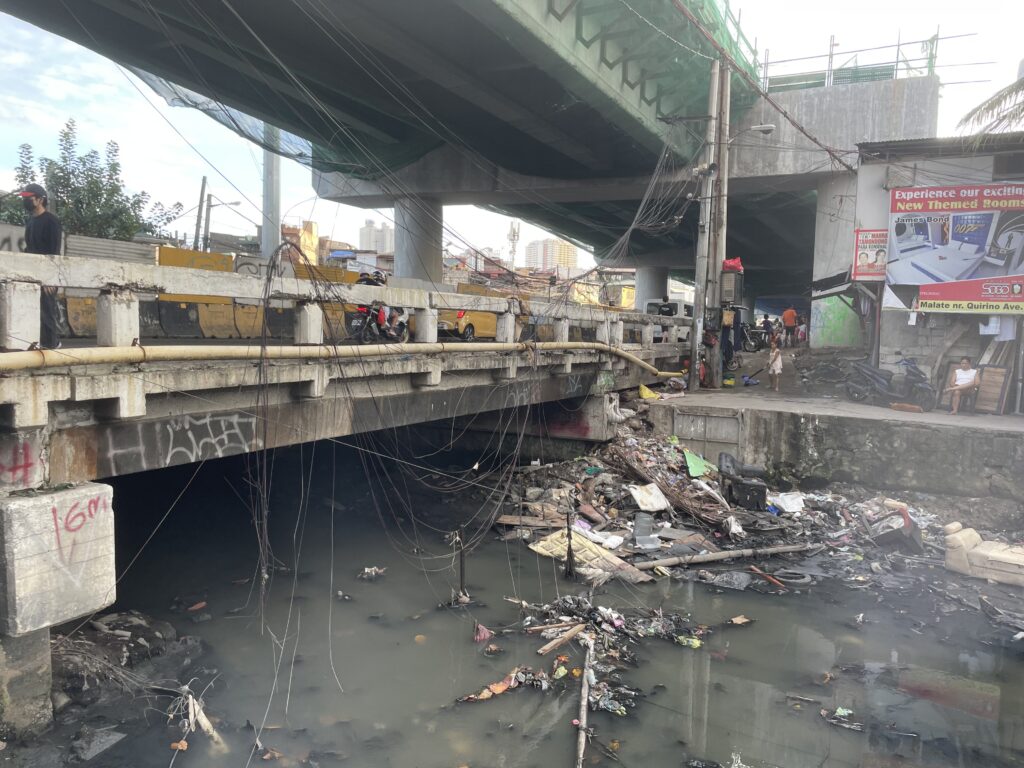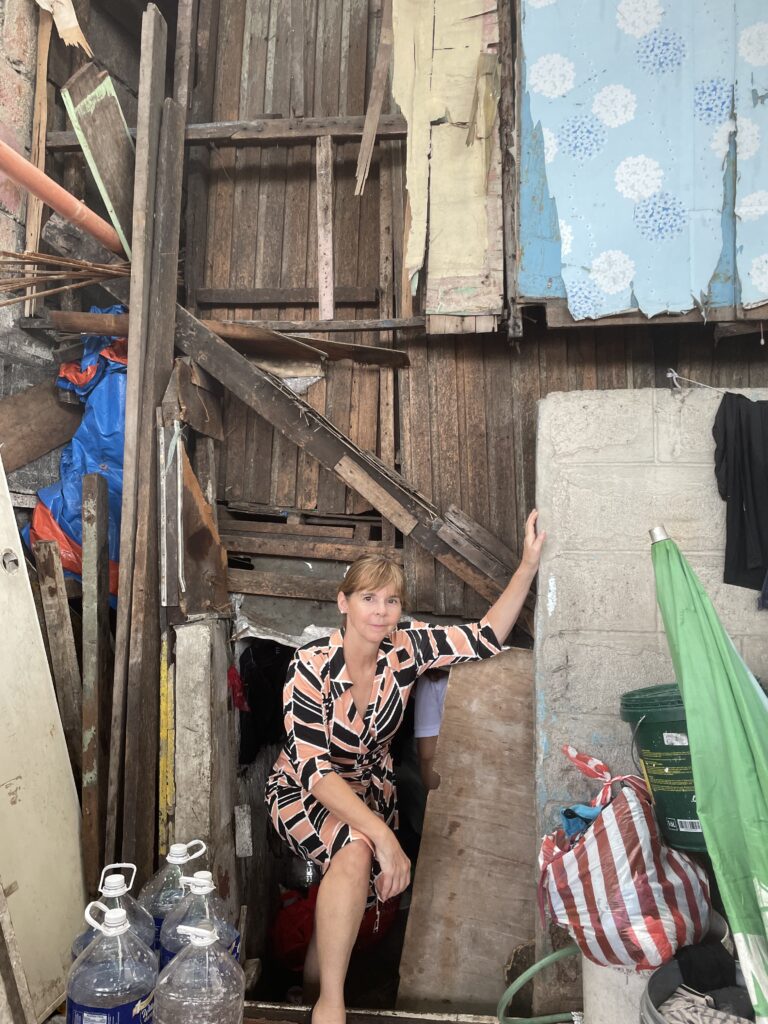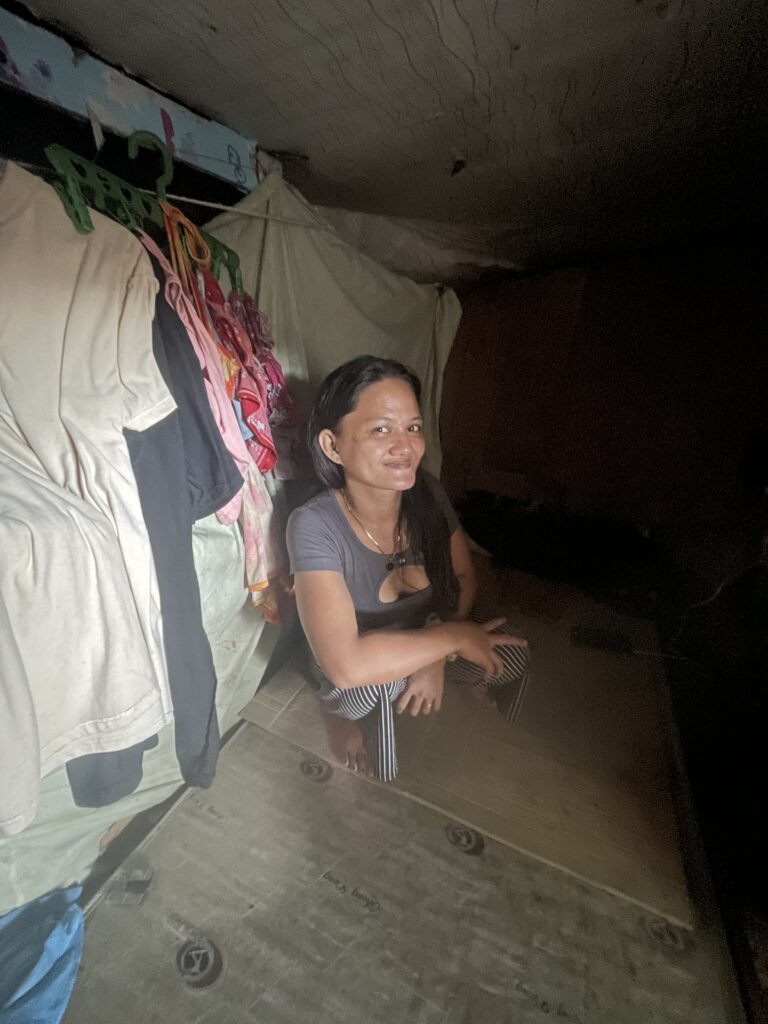Transforming lives in the Philippines: An inspiring journey, a testimony through the Foundation’s work and the fight against urban poverty
Published on
17 November 2023
The Roncalli International Foundation maintains valuable and longstanding relationships with several partners in the Philippines who support a variety of projects that have a significant impact on improving the living conditions of the most vulnerable.
During her recent mission to the Philippines, our Executive Director Danielle Valiquette had the opportunity to meet our local partners in person and visit the inspiring initiatives they are implementing. She was particularly struck by the urban poverty that exists in large cities, where the social fabric is much more fragile.
Let’s dive into her exciting adventure together to discover the actions taking place to serve communities in need.
Urban poverty :
the hidden face of the cities

According to a recent report from the Manila Metropolitan Development Authority, approximately one in three residents of Manila is considered a squatter, representing at least 540,000 families. Among them, nearly 70,000 families have taken residence along the streams and rivers, obstructing the water flow due to the accumulation of waste.
It is essential to note that not everyone living under the bridges is necessarily unemployed, but they nonetheless live below the poverty threshold.


Recent articles
Indigenous Macuxi craftsmanship: cultural preservation and community resilience...
8 Jul 2024
-
The Macuxi Indigenous people live on the Raposa Serra do Sol reserve in the heart of the Brazilian...
2023 Annual Report: women at the heart of...
19 Jun 2024
-
Empowering women
At the heart of social transformation
The year 2023 at the Roncalli...